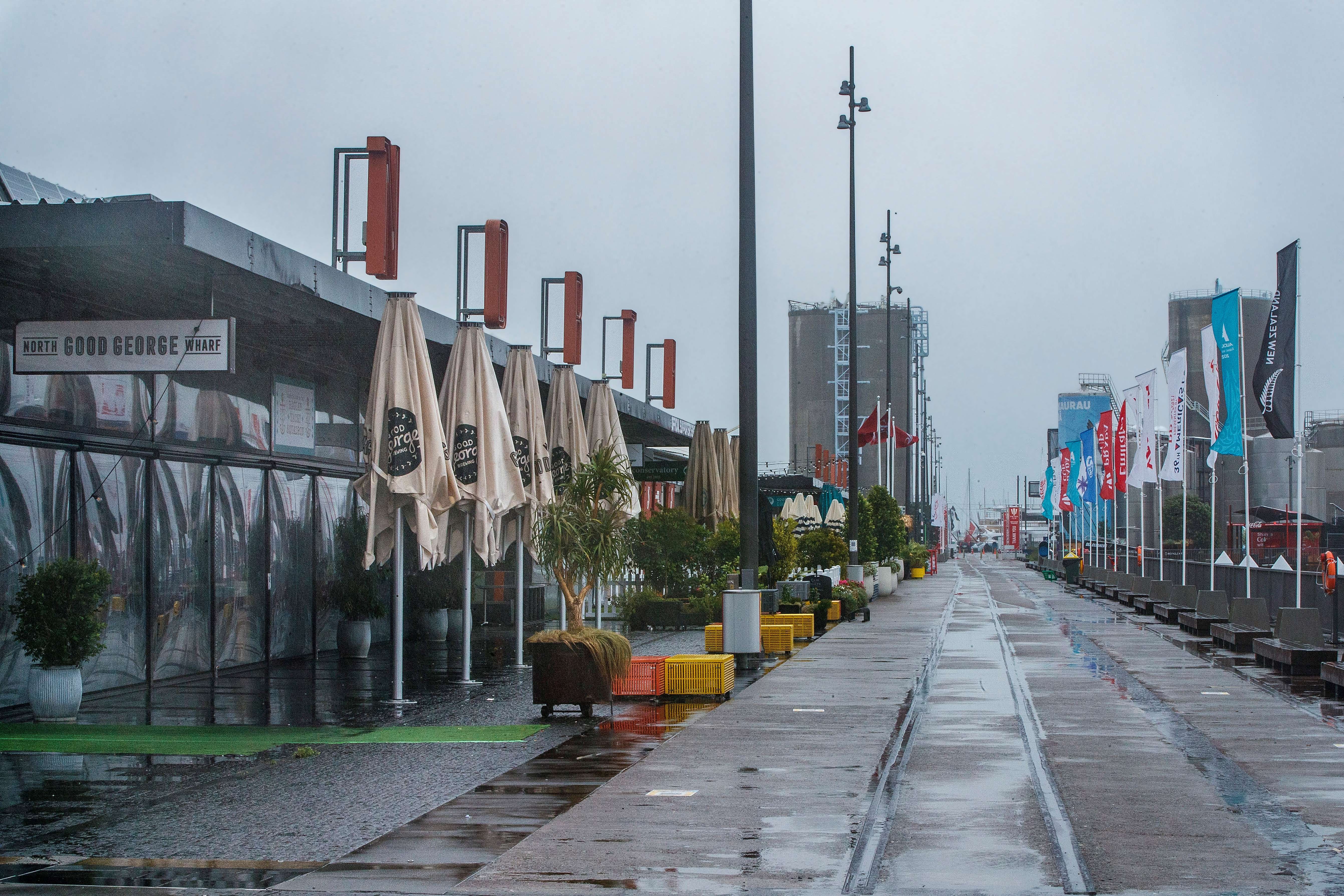Jacinda Ardern says she won’t risk UK Covid approach as NZ faces labour shortages
New Zealand’s policy of border closures and a low vaccination rate have contributed to labour shortages

Your support helps us to tell the story
From reproductive rights to climate change to Big Tech, The Independent is on the ground when the story is developing. Whether it's investigating the financials of Elon Musk's pro-Trump PAC or producing our latest documentary, 'The A Word', which shines a light on the American women fighting for reproductive rights, we know how important it is to parse out the facts from the messaging.
At such a critical moment in US history, we need reporters on the ground. Your donation allows us to keep sending journalists to speak to both sides of the story.
The Independent is trusted by Americans across the entire political spectrum. And unlike many other quality news outlets, we choose not to lock Americans out of our reporting and analysis with paywalls. We believe quality journalism should be available to everyone, paid for by those who can afford it.
Your support makes all the difference.New Zealand’s prime minister Jacinda Ardern has dismissed the idea of following the UK’s approach of easing restrictions and “living with” Covid-19.
Earlier on Monday, Boris Johnson announced plans to scrap Covid restrictions in England by 19 July, but he warned that there could be a spike in cases soon after.
“We must reconcile ourselves, sadly, to more deaths from Covid,” he said.
However, Ms Ardern has refused to adopt the strategy of letting cases go up. “Different countries are taking different choices,” she said at a news conference on Tuesday.
“The priority for me is: how do we continue to preserve what New Zealand has managed to gain and give ourselves options because this virus is not done with the world yet,” she said.
New Zealand has one of the lowest vaccination rates among developed countries with just 12.9 per cent of the population vaccinated.
The country’s Covid-19 response minister, Chris Hipkins, agreed that this strategy is not something the NZ government is “willing to accept”, in a news conference.
“One of the things the UK government have been very clear about [is] that there will be a spike in cases, potentially thousands of cases a day. There will be more people dying,” he said. “We are likely to see more incremental change than dramatic change where we wake up one morning and say: “We just go back to the way things were before Covid-19.”
New Zealand’s director general of health, Ashley Bloomfield, said on Wednesday that the country would also be “watching closely” and could place the UK on a no-fly list if cases grew out of control.
The government’s border closures have helped keep Covid-19 out of the Pacific nation, but a critical shortage of migrant labour is now fuelling protests among businesses and workers struggling with a staffing crisis.
About 2,000 eateries stopped service and turned off lights across on Tuesday and are planning other stop work events as part of a two-month campaign to draw the government’s attention to the severe shortages in skilled labour.
The labour crunch comes after New Zealand sealed its border in March last year in response to the raging coronavirus pandemic. The measures helped contain Covid-19 locally, and PM Ardern has vowed to maintain an elimination strategy that’s been lauded globally.
But although the Covid-free economy has bounced back faster than expected, it now faces acute labour shortages due to low rates of immigration and a slow vaccination rollout.
“Before Covid-19 hit and closed our borders upwards of 25 per cent of our workforce were international work visa holders,” Restaurant Association of New Zealand, an industry body organising the protests, said in a statement.
“Losing them is enough to make a difference so big that it can affect a business in catastrophic ways,” the association said.
Some restaurants in Auckland and other major cities temporarily shut due to understaffing or just to give their burnt out staff a break, media reports have said.
Adding to business frustrations is the government’s reset on immigration announced in May, which would further cut the number of low-skilled migrants when borders eventually re-open, and look to attract more highly skilled migrants and rich investors.
“If the government don’t reverse this policy, more restaurants will shut down and that’s sad, and potentially new and great restaurants won’t be able to open because the innovators out there will find it too hard to start recruiting, National President of Restaurant Association of New Zealand Mike Egan told 1NEWS.
Additional reporting by Reuters
Join our commenting forum
Join thought-provoking conversations, follow other Independent readers and see their replies
Comments